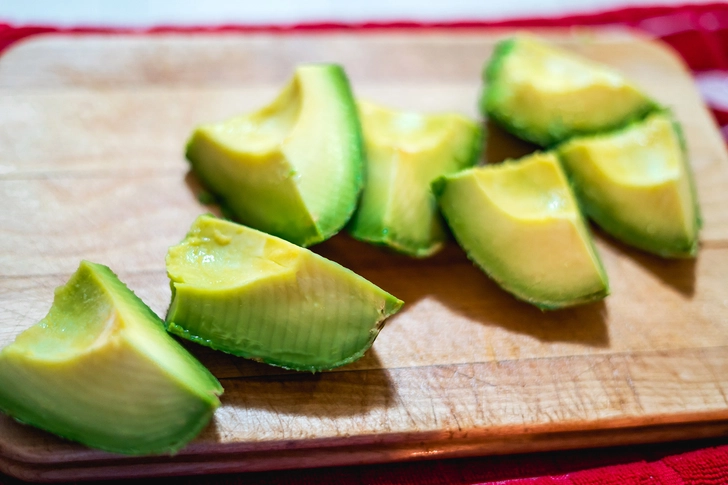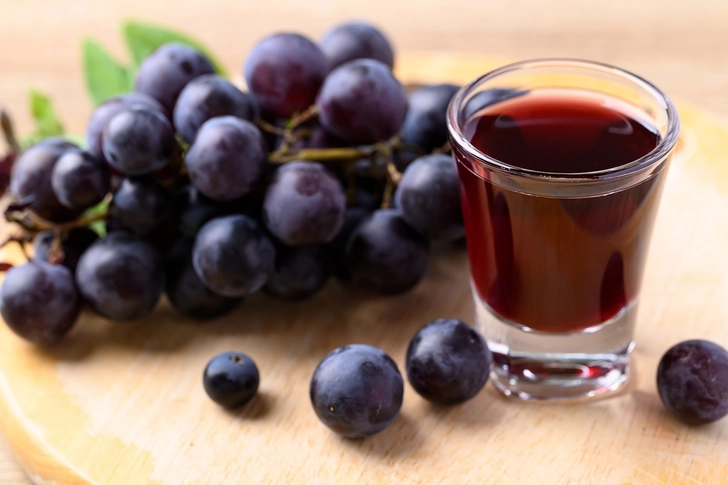- Overview
- Causes, Risks & Prevention
- Symptoms & Types
- Tests & Diagnosis
- Your Cancer Care Team
- Treatment & Side Effects
- Treatment Support
- Living With
- Remission & Recurrence
- Support & Resources
- Appointment Prep
- View Full Guide
How and What to Eat During Head and Neck Cancer Treatment



Head and Neck Cancer Treatment and Diet Changes
Certain treatments for head and neck cancer can cause side effects that make it harder to eat, like mouth dryness and painful sores, so you may need to change your usual diet to stay comfortable. What you eat can also affect how you feel during treatment and how quickly you recover. Here are some simple, soothing food ideas that are gentle on your mouth and can help you stay nourished throughout your treatment.

Soft and Blended Foods
If you have mouth sores or trouble swallowing, it may feel better to eat soft, moist foods. They’re also a better option if you have dry mouth, since rough foods can make it worse. Try ready-to-eat pureed foods like yogurt, applesauce, or hummus, or blend your own soups and smoothies. Other options include scrambled eggs, ground meats, mashed potatoes, bananas, ice cream, soft breads (which you can soak in olive oil, soup, or milk to make even softer), and pasta.

Nourishing Foods
Maintaining your usual weight during treatment can help ease side effects and support a faster recovery. Since you might not be able to eat the same foods – or the same amounts – you're used to, try to add extra calories and protein to each meal whenever you can. Use full-fat dairy products, stir unflavored protein powder or cheese into soups or vegetables, eat meats with sauces, and add calorie-dense ingredients like nut butters, avocados, or olive oil to meals and snacks.

Smoothies and Shakes
Blended drinks like smoothies and shakes are easy to sip and can help you get extra calories and protein. They can even replace meals if you’re not able to eat solid foods or don’t have an appetite. To make your smoothies as nutritious as possible, use high-protein or full-fat milk, add protein powders, blend in tofu or nut butters, and include fruits and vegetables. For an extra calorie boost, you can also use premixed or powdered nutrition supplement drinks.

Juices and Other Drinks
If food tastes bland, fruit and vegetable juices might be an easier way to get your calories and nutrients in. Just watch out for acidic juices like orange, tomato, or pineapple, since they can irritate a sore mouth and throat. Instead, try milder options like apple, grape, white cranberry, or carrot. Other warm or cool drinks can also be soothing, like coconut water, flavored milk, broths, or tea with honey.

What to Avoid During Treatment
If your mouth is sore, try to avoid foods that are hard to chew or have a rough or crispy texture, like tough meats, fried foods, nuts, and raw vegetables. These may make your pain worse. Spicy, salty, or acidic foods, like citrus or chili, can also irritate your mouth and throat. It’s better to skip alcohol and carbonated drinks as well, and to be careful with foods and drinks that are too hot or too cold, which can make swallowing painful.

What to Do When Food Isn't Appealing
Not feeling hungry or having changes in your taste buds are common side effects of head and neck cancer treatment. Instead of having larger meals, try smaller, high-calorie options. If it helps you enjoy mealtimes more, try eating with family or friends. The key is to listen to your body: eat more of foods that taste good to you and find alternatives if foods taste off. If eating is challenging or you’re losing weight, speak with a nutritionist or registered dietitian.

Food Choices During Recovery
Your mouth and throat may be sensitive a few weeks to months after treatment. Your doctor may recommend a liquid, pureed, or soft foods diet. As you recover, you should notice improvement in mouth sores, dry mouth, and your sense of taste. Try reintroducing foods slowly to see what you can tolerate. If you had mouth or throat surgery, you might have longer-term changes that affect chewing or swallowing. Ask your doctor to confirm which foods are best for your recovery.

When to Contact Your Doctor
If you start to lose weight – even a small amount – let your doctor know. It’s also important to tell them if you’re having trouble eating or drinking regularly, if you cough while eating, if food feels like it gets stuck when you swallow, or if everyday tasks are starting to feel harder than usual. They can help you find ways to better manage your symptoms.
IMAGES PROVIDED BY:
- iStock/Getty Images
- iStock/Getty Images
- EyeEm/Getty Images
- iStock/Getty Images
- E+/Getty Images
- The Image Bank/Getty Images
- E+/Getty Images
- iStock/Getty Images
- Westend61/Getty Images
SOURCES:
Cancer Research UK: "Soft diet meals and tips."
Cancer Support Community: "Eating Well with Head & Neck Cancer."
Cedars-Sinai Cancer: "Getting Proper Nutrition During Head and Neck Cancer Treatment."
Juravinski Cancer Centre: "Nutrition after chemotherapy and radiation for head and neck cancer."
Macmillan Cancer Support: "Eating and drinking after head and neck cancer treatment."
Memorial Sloan Kettering Cancer Center: "Diet and Nutrition During Head and Neck Cancer Treatment."
National Health Service (U.K.): "Dietary advice for patients undergoing treatment for head and neck cancers."
Northwestern Medicine: "Diet and Nutrition During Head and Neck Cancer Treatment."
Queensland Government: "Eating after radiotherapy to the head and neck area."
Sunnybrook Odette Cancer Centre: "Easy to swallow foods: For patients who have a sore mouth and throat from cancer or cancer treatment."
University of California San Francisco: "Nutrition Tips for Patients Receiving Head and Neck Radiation Therapy."
University Health Network: "What to Expect During and After Your Recovery from Head and Neck Cancer Treatment."